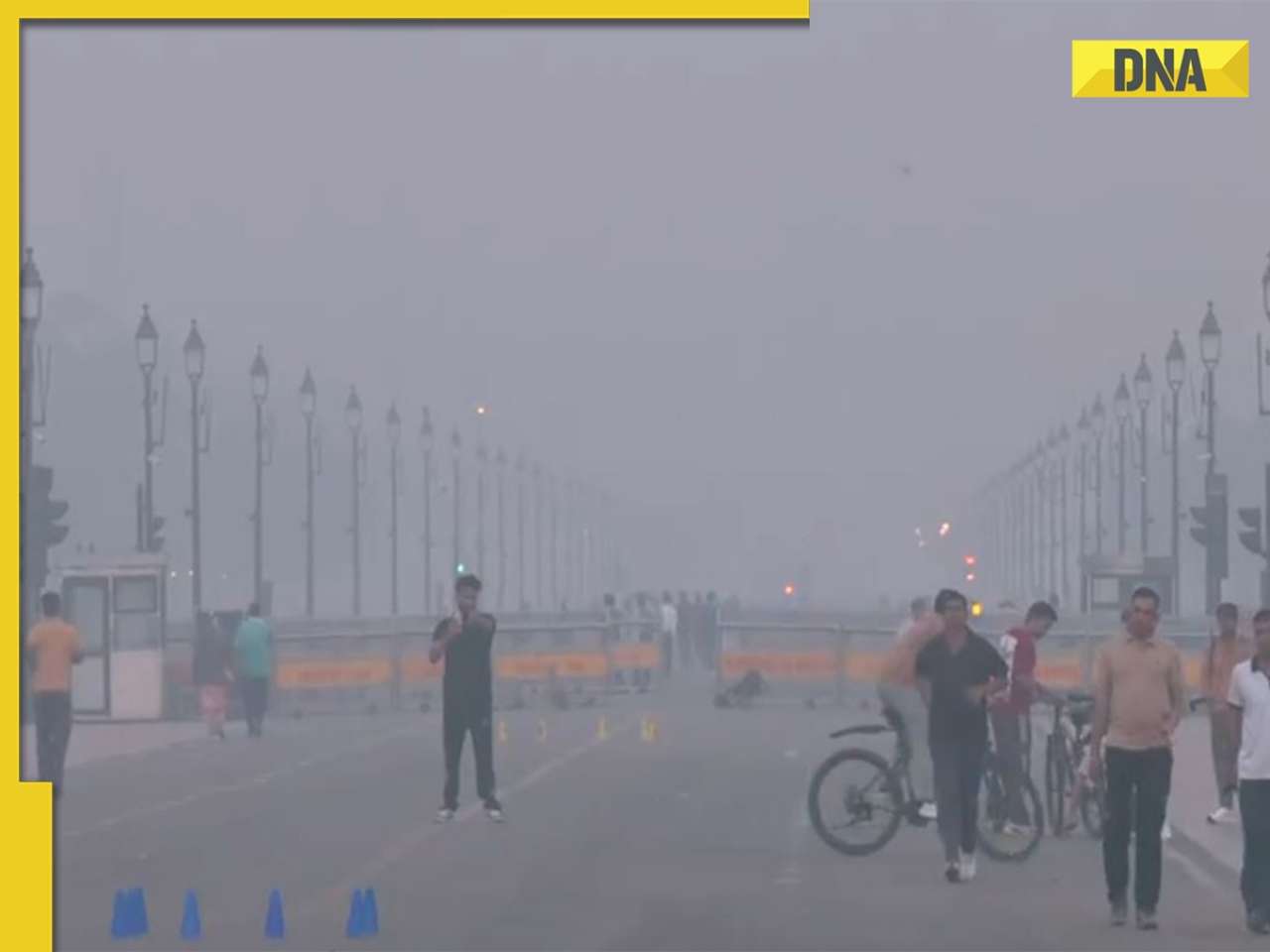
This development follows the central government’s Air Quality Early Warning System’s prediction that Delhi’s AQI will remain in the ‘poor’ to ‘very poor’ range over the next six days.
The Air Quality Index (AQI) in the national capital deteriorated on Sunday morning, reaching the ‘very poor’ category, according to the Central Pollution Control Board (CPCB).
As per CPCB, AQI in Lodhi Road is recorded at 287 in the ‘very poor’ category, and at India Gate and the surrounding areas, it was recorded at 325 in the same category. The AQI around Ashram, Maharani Bagh, was also recorded in the ‘Very Poor’ category, as per the CPCB.
Truck-mounted water sprinklers were deployed on Lodhi Road to tackle the high levels of particulate matter, as air quality in several areas remained largely in the ‘very poor’ range.
On Saturday morning, AQI was under the “poor” category, with Stage II of the Graded Response Action Plan (GRAP) already in effect across Delhi-NCR.
Meanwhile, as Delhi continues to grapple with deteriorating air quality, Chief Minister Rekha Gupta on Friday said that cloud seeding has become a necessity for the national capital and termed it a pioneering step in addressing the city’s persistent environmental crisis.
Speaking to ANI, Rekha Gupta said, “Cloud seeding is a necessity for Delhi and is the first experiment of its kind. We want to try it in Delhi to see if it can help us control this very serious environmental problem.”
She added, “So the blessings of the people of Delhi are with the government, and we feel that this will be a successful experiment, and in future, we will be able to overcome these environmental problems.”
Meanwhile, on Friday, former AIIMS Director Dr Randeep Guleria cautioned residents about the serious health implications of rising pollution and urged preventive measures to minimise exposure.
“The current high levels of air pollution, indicated by poor AQI, are leading to acute health effects, particularly among individuals with underlying heart or lung conditions, the elderly, and young children. These groups are experiencing increased chest discomfort, breathing difficulty, cough, and worsening of pre-existing conditions like asthma and COPD,” Dr Guleria told ANI.
He added, “Even healthy individuals are reporting symptoms such as nasal stuffiness, throat pain, chest tightness, and coughing. The inflammation and narrowing of airways caused by pollutants are contributing to these issues. Additionally, the use of crackers, despite permissions for ‘green crackers,’ has exacerbated air pollution.”
Earlier, Delhi Environment Minister Manjinder Singh Sirsa mentioned that there will be clouds over Delhi from October 28 to 30 and noted that the Delhi government is ready with physical trials and permissions to induce artificial rain on October 29.
The Air Quality Index (AQI) in Delhi and its National Capital Region (NCR) was falling under the ‘poor’ and ‘very poor’ categories in several areas even as Stage 2 of the Graded Response Action Plan (GRAP) remains in effect.
(Except for the headline, this story has not been edited by DNA staff and is published from ANI)
Disclaimer : This story is auto aggregated by a computer programme and has not been created or edited by DOWNTHENEWS. Publisher: dnaindia.com







